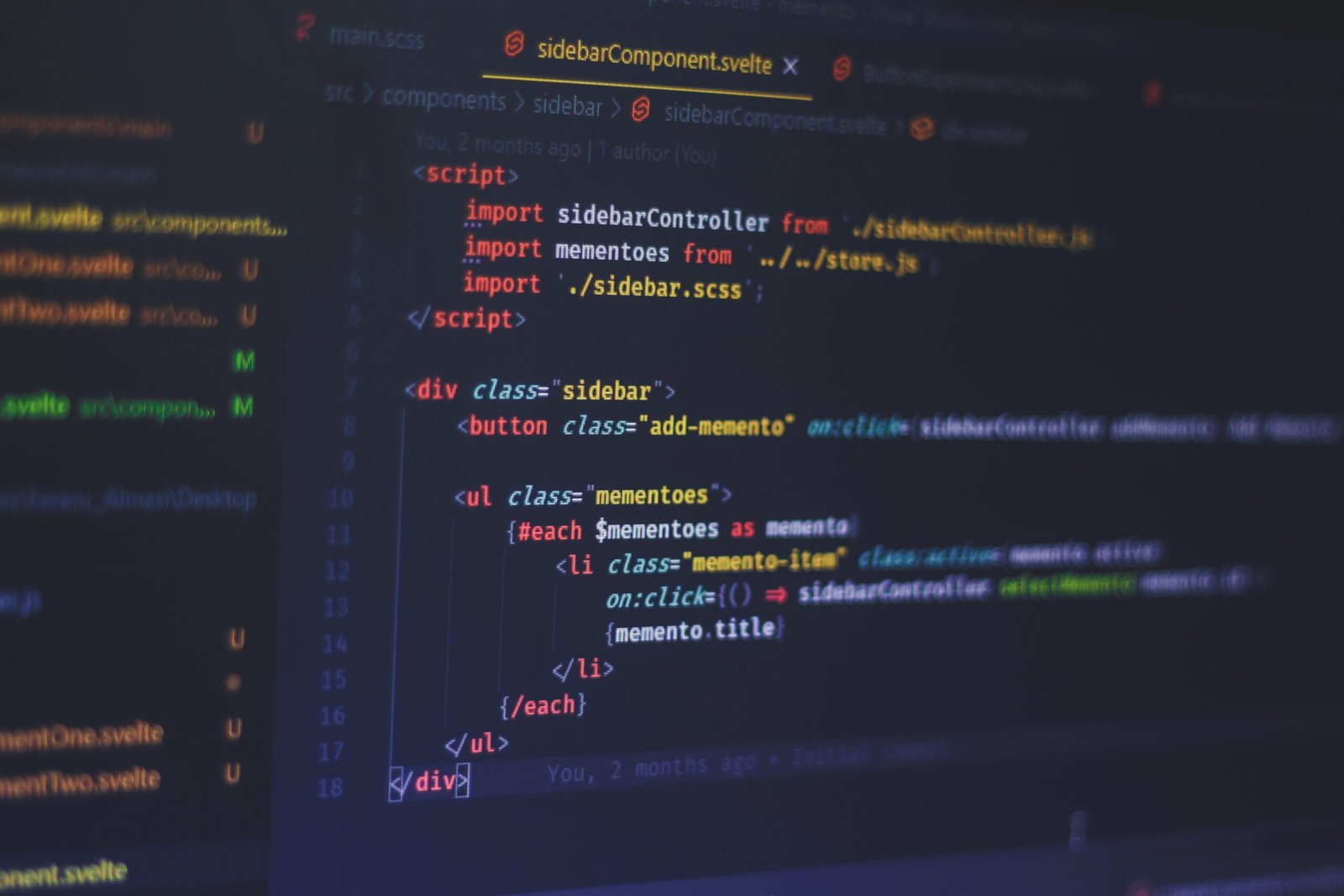Introduction
When it comes to creating a successful online presence, two terms that often come up are web development and web designing. While these two terms are closely related, they refer to different aspects of building a website. In this blog post, we will explore the differences between web development and web designing, and how they work together to create a visually appealing and functional website.
Web Development
Web development1 refers to the process of building and maintaining websites. It involves coding and programming to create the structure and functionality of a website. Web developers are responsible for writing the code that enables a website to function as intended. They work with programming languages such as HTML, CSS, JavaScript, and PHP to create interactive and dynamic web pages.
Web development can be divided into two main categories: front-end development and back-end development. Front-end development focuses on the visual aspects of a website, such as the layout, colors, and typography. It involves writing code that determines how a website will look and how users will interact with it. Back-end development, on the other hand, focuses on the behind-the-scenes functionality of a website. It involves writing code that handles server-side operations, such as database management and user authentication.
Web Designing
Web designing2, on the other hand, is the process of creating the visual elements of a website. It involves designing the layout, color scheme, typography, and overall look and feel of a website. Web designers use graphic design software such as Adobe Photoshop or Sketch to create mockups and wireframes of a website before it is built.
Web designers also take into consideration user experience (UX) and user interface (UI) design principles. They aim to create a website that is visually appealing, easy to navigate, and provides a positive user experience. They work closely with web developers to ensure that the design is implemented correctly and that the website functions as intended.
The Relationship Between Web Development and Web Designing
Web development and web designing go hand in hand to create a successful website. While web developers focus on the functionality and structure of a website, web designers focus on the aesthetics and user experience. Both roles are essential in creating a website that is visually appealing, easy to use, and meets the needs of its target audience.
Effective collaboration between web developers and web designers is crucial for a successful website. Web designers need to communicate their design vision to web developers, who then bring that vision to life through coding and programming. Regular communication and feedback between the two roles ensure that the final website meets the client’s requirements and exceeds user expectations.
Conclusion
In conclusion3, web development and web designing are two distinct but interconnected processes that are essential for creating a successful website. Web development involves coding and programming to create the structure and functionality of a website, while web designing focuses on the visual elements and user experience. Both roles work together to create a website that is visually appealing, functional, and provides a positive user experience. Effective collaboration between web developers and web designers is key to achieving this goal.
Whether you are looking to build a new website or enhance an existing one, it is important to understand the roles of web development and web designing. By working with skilled professionals in both areas, you can ensure that your website stands out from the competition and provides an exceptional user experience.





